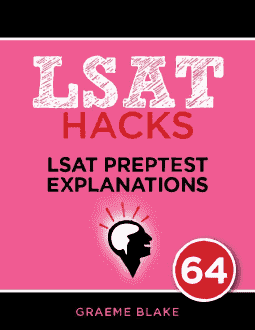QUESTION TEXT: Columnist: Shortsighted motorists learn the hard way…
QUESTION TYPE: Weaken
CONCLUSION: The city council made the right choice by hiring an investment advisor.
REASONING: Other cities have hired advisors. The decision paid off for them.
ANALYSIS: The first half of the stimulus is just fluff. The analogy about shortsighed motorists doesn't serve any real purpose in the argument.
Just because other cities did well with advisors doesn't mean that it's a good move for this city. As a start, we'd want to know the other cities' situations were similar to this city's situation.
___________
- Does this mean the city will break down and need a repair? The analogy to cars only goes so far….
Also, maintenance can still be a good idea, even if it's not 100% effective. - CORRECT. This is a major difference. An economic advisor might only be useful when a city reaches a certain size. It might be harmful to hire one too early, if the advisor gives you strategies that are only appropriate for a large city.
- Who cares about motorists? They were just used as an example to make you think about the wisdom of long term planning.
Also, this answer choice doesn't tell us whether drivers had good or bad non-financial reasons to avoid maintenance. - This sounds good, but it doesn't mean those advisors are a bad deal. People often hesitate to buy things that will clearly benefit them.
- The columnist admits this; they say the payoff will likely come in several years.

Free Logical Reasoning lesson
Get a free sample of the Logical Reasoning Mastery Seminar. Learn tips for solving LR questions


Stuck on D… doesn’t D suggest that they likely got a cheap and unqualified advisor, and thus it will likely not have a big payoff?
D is essentially suggesting that city councils generally wouldn’t spend the money on a qualified advisor. However, what cities *generally* do is irrelevant. We are working with this specific city, who the author is praising for considering the long-term investment.
I can see where you’re coming from with the inference that because cities generally don’t get qualified advisors, this city might have got a cheap one – but the author of the passage is referring to the advisor as an “investment” that will likely “have a big payoff in several years” – indicating that the city made a long-term decision that other cities might be hesitant to.
Hey Graeme and co.!
Your resources are great, so I want to return in any little way I can; under ANALYSIS, you say “The analogy about doesn’t serve any real purpose in the argument.” I think you missed a word after “about.”
Best,
James
Thanks for catching this James, and I’m glad to hear you’ve been enjoying the resources! The page has been updated.